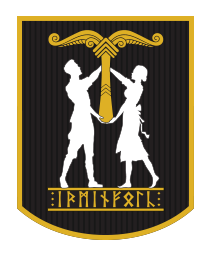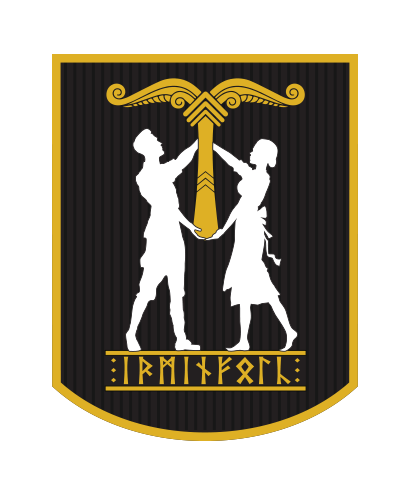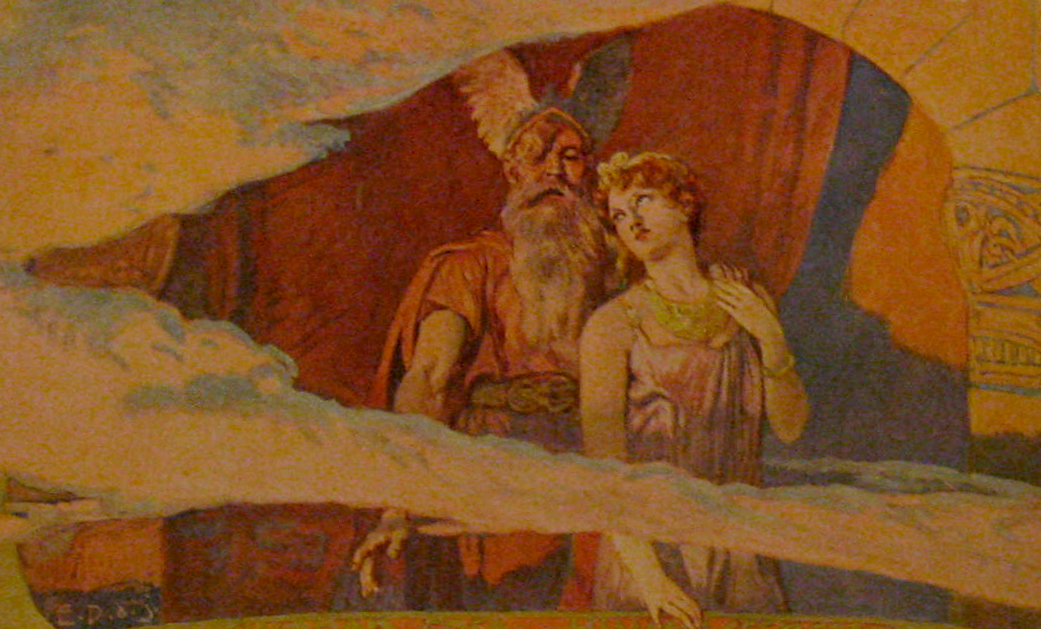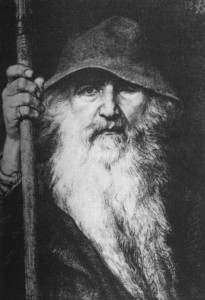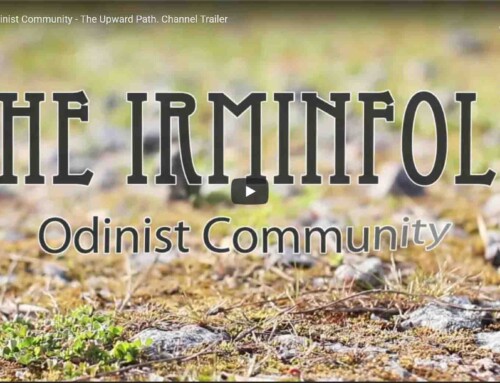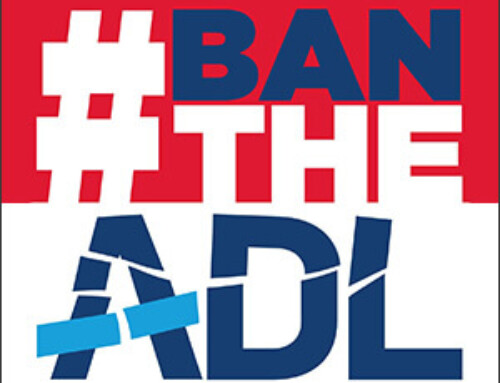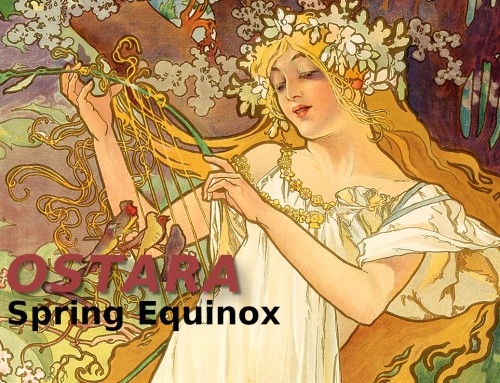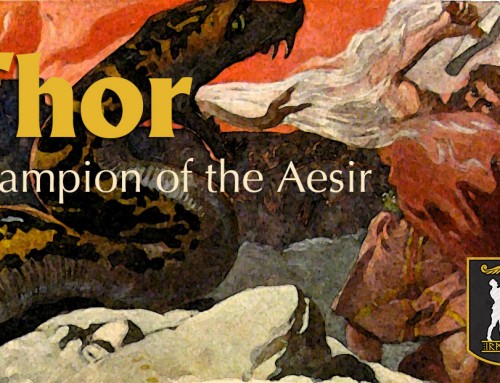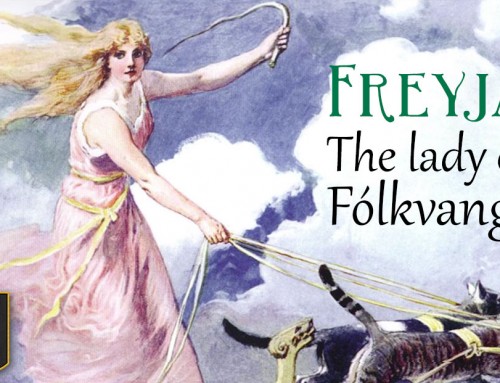High in the cosmic plane of Asgard sits the great hall of Valhalla, filled with half of the most
valiant warriors slain in combat or otherwise victorious over their enemies. Here they eat, drink,
and battle with one another in preparation of the apocalyptic war known as Ragnarok. All this is
the design of the High God of Asatru, Odin, the God of Literacy, Sorcery, and Death.
However, the origins of Odin are more modest. Odin was born in a time when the Germanic
existence was young, and beyond the earthly realm of Midgard giants dominated the
otherworlds. He was the son of Borr and Bestla, and elder brother to the talented Vili and Ve. In
His youth Odin wandered lost and alone, seeking hospitality where He may and finding friends
where He could in that unstable and chaotic age. Finally, He and His brothers slew the
monstrous Jotunn (or Frost-Giant) Ymir and from his body crafted a new world.
Eager to explore the new world They had created, the Three Brothers walked along a northern
shore and, finding driftwood, whittled the bodies of the first Germanic people: Ask They named
the man and Embla the woman. The Three breathed life in to them by each bestowing a gift:
Odin gave them their spirits, Vili their wits, and Ve their speech.
So as grew the early Germanics, so grew the family of Odin in the realm of Asgard, named for
Odin’s clan of Beings of Order and Strength, the Asa (or Aesir). He had multiple children, the
most famous being Thor from his concubine Jörd and Baldur from his First Wife and Queen of
Asgard, Frigga. He even adopted a Son that became the great War God, Tyr.
Then Odin perceived trouble entering Asgard and Midgard at once from the realm of Vanaheim.
One of the Vana, Beings of Nature and Life, named Gullveig traveled between the worlds
teaching sorcery and witchcraft. As wicked humans took to Her craft, and the Asa feared the
destructive power of Her magic, Odin had Her arrested and executed by burning alive… but
Gullveig healed Herself and could not be slewn. After the third attempt Odin flew into a rage and
declared war (considered the First War) by hurling His great spear Gungnir into Vanaheim.
But the Asa found themselves taken by surprise by the Vana, who routed Them in battle and
trampled Their defenses. Only Odin’s Speechcraft saved the Asa by brokering peace with the
Vana on the condition that They too could be worshipped as Gods by humanity. As was custom
hostages were exchanged, and the Vana God Njörd came to Asgard with His children, Freyr
and Freyja.
However, Odin found Himself unsatisfied, desiring the knowledge and power of sorcery He
could only glimpse and not yet understand. Knowing that to gain one must sacrifice, the King of
Asgard pierced Himself with His spear and hung upside down on the Cosmic Tree Yggdrasil for
nine days and nine nights. Peering into the land of the Giants, Jotunheim, Ođin finally perceived
the source of all magic and knowledge in the Germanic world: The Runes.’ With His newfound
power, Odin shapeshifted and assumed multiple personas to travel all the worlds, both seeking
even greater understanding and testing the virtues of the inhabitants therein.
In Jotunheim Odin learned of the monstrous children of His sworn-brother, the Jotunn Loki.
Gathering them in Asgard, He cast the great serpent Jormungandr into the dark depths at the
edge of Midgard, and ordered the half-dead giantess Hel to carve a ninth world, one for the
dead, out of the icy world Niflheim that would come to bear her name (Helheim).
The most terrible child of Loki, the black wolf Fenrir, could not be contained and the beast
rampaged through Asgard. With ingenuity and the sacrifice of Tyr’s hand, the Asa bound the
wolf with unbreakable chains ‘lest he destroy all of existence in his malice.
It is from the loss of his children that perhaps Loki grew vengeful, and trickster schemed and
slew Baldur, the Most Beloved God, with a dart carved of mistletoe. Going to the body of His
Son upon the funeral pyre, Odin would whisper something in His ear that is only known to Odin
among all Beings.
It is likely thereafter that Odin would resurrect a Volva (one of the wise and powerful human
seeresses) to learn of the fate of all, and it is she who reminded Him of the early days of
existence and then revealed the coming apocalyptic Damning of the Gods. In German the
cataclysmic event is called Götterdammerung, but the Norse gave it the most lasting name:
Ragnarok.
Equipped with this knowledge and understanding that there are no definites or absolutes, Odin
began harvesting half of the greatest warriors in all of Midgard to join Him in Asgard, in His hall
Valhalla, to prepare for the great battle in the hopes of changing the threads of Wyrd (the
Germanic concept of faith) and saving Asgard from an inevitable demise.
Odin is considered the All-Father because of his role in fathering the Asa tribe and creating the
first Germanic humans; thus, He is held in reverence by Asatruar as the eldest Ancestor. He
sees almost all things by way of His ravens Huginn and Muninn, and will interfere in the affairs
of men and test their hospitality by traveling as a hooded and cloaked old man. It is also said the
more fortunate may glimpse He and other Gods in the night sky on Yule as They partake in the
Wild Hunt.
High in the cosmic plane of Asgard sits the great hall of Valhalla, filled with half of the most
valiant warriors slain in combat or otherwise victorious over their enemies. Here they eat, drink,
and battle with one another in preparation of the apocalyptic war known as Ragnarok. All this is
the design of the High God of Asatru, Odin, the God of Literacy, Sorcery, and Death.
However, the origins of Odin are more modest. Odin was born in a time when the Germanic
existence was young, and beyond the earthly realm of Midgard giants dominated the
otherworlds. He was the son of Borr and Bestla, and elder brother to the talented Vili and Ve. In
His youth Odin wandered lost and alone, seeking hospitality where He may and finding friends
where He could in that unstable and chaotic age. Finally, He and His brothers slew the
monstrous Jotunn (or Frost-Giant) Ymir and from his body crafted a new world.
Eager to explore the new world They had created, the Three Brothers walked along a northern
shore and, finding driftwood, whittled the bodies of the first Germanic people: Ask They named
the man and Embla the woman. The Three breathed life in to them by each bestowing a gift:
Odin gave them their spirits, Vili their wits, and Ve their speech.
So as grew the early Germanics, so grew the family of Odin in the realm of Asgard, named for
Odin’s clan of Beings of Order and Strength, the Asa (or Aesir). He had multiple children, the
most famous being Thor from his concubine Jörd and Baldur from his First Wife and Queen of
Asgard, Frigga. He even adopted a Son that became the great War God, Tyr.
Then Odin perceived trouble entering Asgard and Midgard at once from the realm of Vanaheim.
One of the Vana, Beings of Nature and Life, named Gullveig traveled between the worlds
teaching sorcery and witchcraft. As wicked humans took to Her craft, and the Asa feared the
destructive power of Her magic, Odin had Her arrested and executed by burning alive… but
Gullveig healed Herself and could not be slewn. After the third attempt Odin flew into a rage and
declared war (considered the First War) by hurling His great spear Gungnir into Vanaheim.
But the Asa found themselves taken by surprise by the Vana, who routed Them in battle and
trampled Their defenses. Only Odin’s Speechcraft saved the Asa by brokering peace with the
Vana on the condition that They too could be worshipped as Gods by humanity. As was custom
hostages were exchanged, and the Vana God Njörd came to Asgard with His children, Freyr
and Freyja.
However, Odin found Himself unsatisfied, desiring the knowledge and power of sorcery He
could only glimpse and not yet understand. Knowing that to gain one must sacrifice, the King of
Asgard pierced Himself with His spear and hung upside down on the Cosmic Tree Yggdrasil for
nine days and nine nights. Peering into the land of the Giants, Jotunheim, Ođin finally perceived
the source of all magic and knowledge in the Germanic world: The Runes.’ With His newfound
power, Odin shapeshifted and assumed multiple personas to travel all the worlds, both seeking
even greater understanding and testing the virtues of the inhabitants therein.
In Jotunheim Odin learned of the monstrous children of His sworn-brother, the Jotunn Loki.
Gathering them in Asgard, He cast the great serpent Jormungandr into the dark depths at the
edge of Midgard, and ordered the half-dead giantess Hel to carve a ninth world, one for the
dead, out of the icy world Niflheim that would come to bear her name (Helheim).
The most terrible child of Loki, the black wolf Fenrir, could not be contained and the beast
rampaged through Asgard. With ingenuity and the sacrifice of Tyr’s hand, the Asa bound the
wolf with unbreakable chains ‘lest he destroy all of existence in his malice.
It is from the loss of his children that perhaps Loki grew vengeful, and trickster schemed and
slew Baldur, the Most Beloved God, with a dart carved of mistletoe. Going to the body of His
Son upon the funeral pyre, Odin would whisper something in His ear that is only known to Odin
among all Beings.
It is likely thereafter that Odin would resurrect a Volva (one of the wise and powerful human
seeresses) to learn of the fate of all, and it is she who reminded Him of the early days of
existence and then revealed the coming apocalyptic Damning of the Gods. In German the
cataclysmic event is called Götterdammerung, but the Norse gave it the most lasting name:
Ragnarok.
Equipped with this knowledge and understanding that there are no definites or absolutes, Odin
began harvesting half of the greatest warriors in all of Midgard to join Him in Asgard, in His hall
Valhalla, to prepare for the great battle in the hopes of changing the threads of Wyrd (the
Germanic concept of faith) and saving Asgard from an inevitable demise.
Odin is considered the All-Father because of his role in fathering the Asa tribe and creating the
first Germanic humans; thus, He is held in reverence by Asatruar as the eldest Ancestor. He
sees almost all things by way of His ravens Huginn and Muninn, and will interfere in the affairs
of men and test their hospitality by traveling as a hooded and cloaked old man. It is also said the
more fortunate may glimpse He and other Gods in the night sky on Yule as They partake in the
Wild Hunt.

